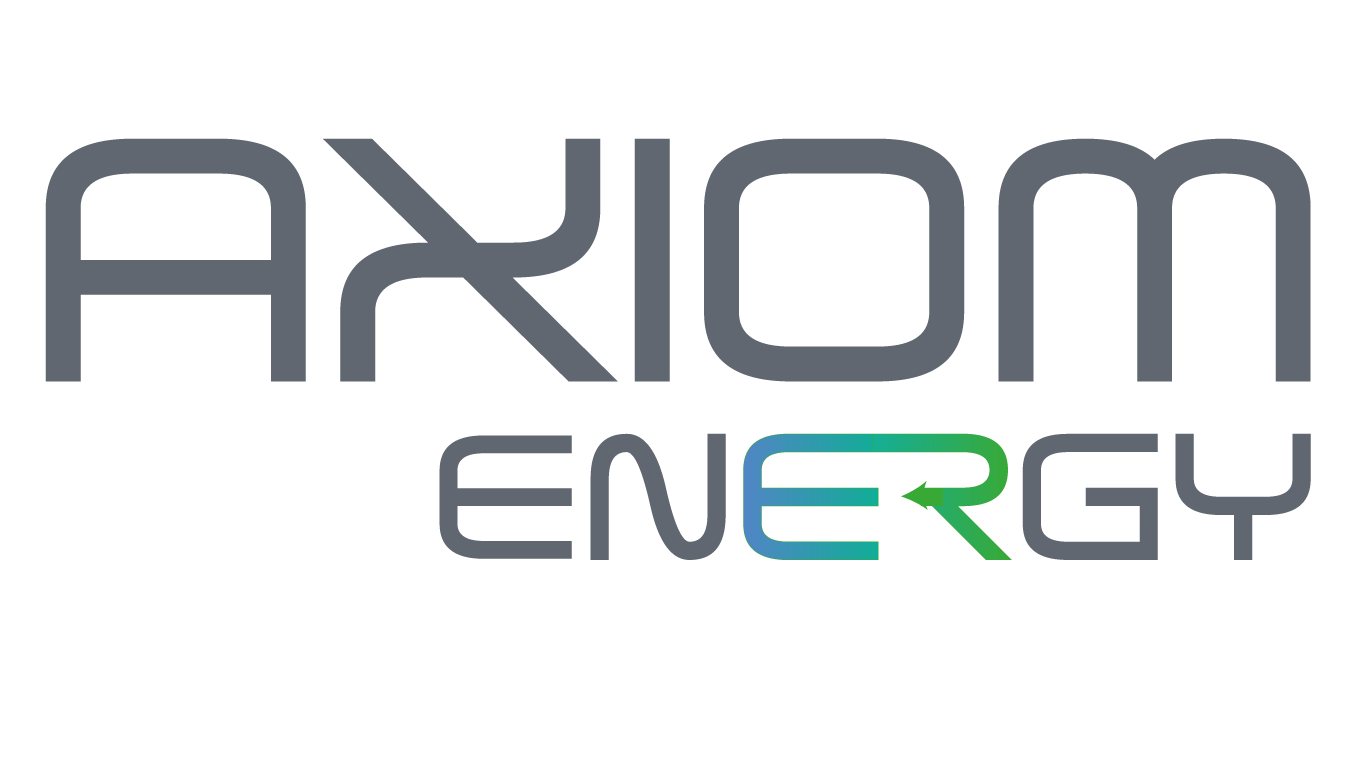The new Energy Bill Discount Scheme (EBDS) attempts to strike a balance between supporting businesses for a further 12 months and limiting taxpayer’s exposure to volatile energy markets. Whilst we have seen positive movements in the market, the end of the challenging market is some way away.
The Government will also recognise a group of Energy and Trade Intensive Industries (ETIIs), eligible for a preferential level of support.
The Energy Bill Relief Scheme currently provides a discount on wholesale gas and electricity prices for all non-domestic consumers. This includes public sector organisations, voluntary sector organisations like charities, and businesses.
- The scheme came into effect on 1 October 2022 and was always intended to run until 31 March 2023.
- The EBRS was designed as a temporary six-month measure to protect non-domestic consumers from soaring energy costs, cutting the cost of power bills and providing them with the certainty they needed to plan through the acute crisis this winter.
- In light of this, the significant intervention was brought in to help keep people in jobs, prevent unnecessary insolvencies and afford breathing space for businesses to identify measures that protect themselves from high energy costs.
- The government has been clear that such levels of support were time-limited and intended as a bridge to allow businesses to adapt. The latest data shows wholesale gas prices have now fallen to levels just before Putin’s invasion of Ukraine and have almost halved since the current scheme was announced.
- The new scheme therefore strikes a balance between supporting businesses over the next 12 months and limiting taxpayer’s exposure to volatile energy markets, with a cap set at £5.5 billion based on estimated volumes.
- The EBDS will run for 12 months from 1 April 2023 to 31 March 2024
WHO IS ELIGIBLE?
As with the current scheme, Government support may be available to any non-domestic (including, businesses, voluntary & public sector organisations) customer who:
- Signed a fixed-price contract on or after 1st December 2021
- Is supplied on a deemed or out of contract basis
- Is supplied in a flexible purchase contract
- Agree a new contract during the scheme period
- Potential ETII customers, who also satisfy the above criteria, will apply to the Government to become eligible for preferential support.
- Further details on any application process are expected in due course
- A list of current ETII sectors can be found alongside Government’s scheme guidance
WHEN DOES IT START?
The EBDS will cover consumption from the 1st April 2023 – 31st March 2024.
This will directly follow the end of the EBRS Scheme, extending support for a further 12 months. Customers will automatically move from the EBRS to EBDS and relevant discounts will be applied and itemised on eligible bills as per current scheme arrangements.
WHAT SUPPORT IS ON OFFER?
The EBDS will see a gas or electricity p/kWh discount applied to a customer’s bill. No relief will be applied to their daily standing charge.
Discounts will only apply where supposed wholesale costs relating to a contract exceed the government defined ‘price threshold’ of 10.7p/kWh for gas (Comparable to the current EBRS floor price of 7.5p/kWh). Where this applies, eligible customers will receive a unit rate discount equitable to the difference between the supposed wholesale costs and the price threshold, subject to a ‘maximum discount’ of 0.697p/kWh for gas.
Discounts for Energy and Trade Intensive Industries
Recognising that these energy users are particularly vulnerable to high energy prices these sectors will receive a higher level of support, with a lower price threshold and a higher maximum discount.
• ETII Price Threshold: 9.9p/kWh
• ETII Maximum Discount: 4.0p/kWh
However, this higher level of support will only be applicable to 70% of energy volumes, with the other 30% eligible for the basic rate of support.
The level of support for each organisation will vary depending on type and date of contract.
These are illustrative examples only, based on recent averages of forward wholesale prices. Prices may differ from those experienced in practice.
Example 1: A pub
A typical pub uses 16 MWh of gas and 4 MWh of electricity each month. Under the new scheme, it could receive up to £2,280 of taxpayer funded support in the 23/24 financial year.
Example 2: A small retail shop
A typical small retail store uses 2 MWh of gas and 1 MWh of electricity each month. Under the new scheme, it could receive up to £403 of taxpayer funded support in the 23/24 financial year.
Example 3: A medium sized manufacturing business
A medium sized manufacturer uses 1,600 MWh of gas and 200 MWh of electricity each month. Under the new ETII scheme, it could receive up to £687,120 of taxpayer funded support in the 23/24 financial year.


Recent Comments